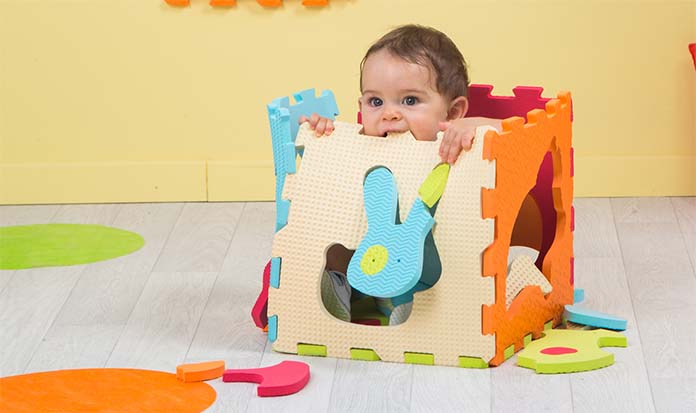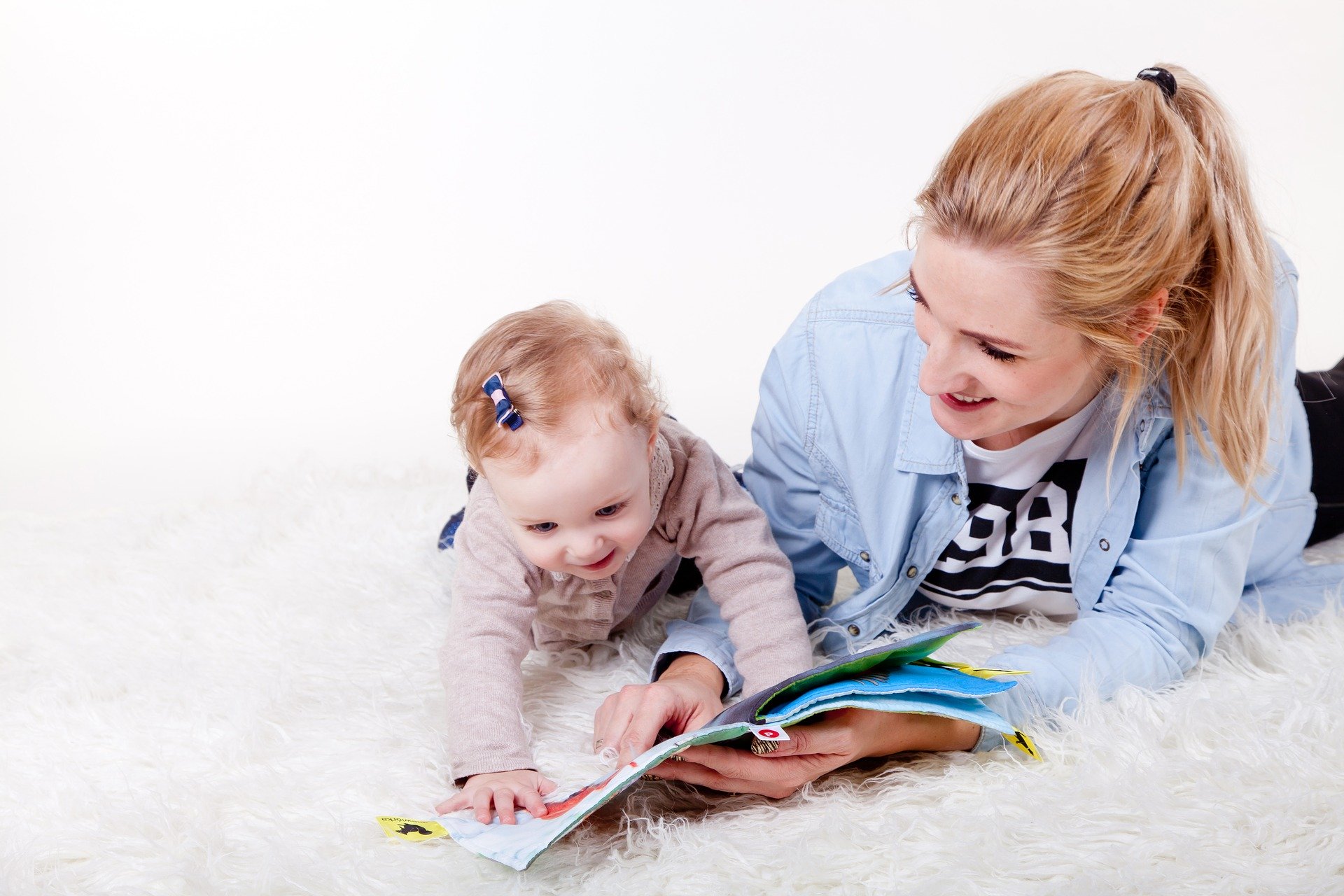
In this period of confinement due to the coronavirus, the information circulating on social networks sometimes contradict each other. Some offer very structured schedules to organize children's days while others rather invite you to let go of everyday life. How to find the right balance with toddlers and older children?
Whatever their age, children need to have a predictable daily life to feel safe. With the many parents who telecommute, we are all in the process of adapting to this reality which will last for several more weeks.
It is important to understand that we are not expected to become educators! However, a certain structure can have a positive impact on the course of our children's day. And also on ours!
Toddlers
The family of Marie-Eve and Mathieu, parents of young children aged 2, 4 and 6, opted for a homemade schedule in three blocks: morning, afternoon and evening. The ideas for the activities were decided with the family and drawn by dad on small cardboard circles to stick on the timetable.
Each morning, they choose the activities for each "block" of the day. Of course, this schedule is flexible and spontaneous activity can occur on occasion! But it still has the advantage that their children have a visual cue to know what will happen during the day.
These parents even added drawings of themselves to indicate who is available for the children. If you are a solo parent, this last idea can still be used in periods when you ask your child to take care of himself for a short time and to disturb you only when necessary.
Having a simple routine with a toddler will help them:
- understand at least how the day will go;
- find your way back in time (morning, afternoon, evening, before, after);
- distinguish weekdays from weekend days;
- understand the moments when we are more available to play with him;
- manage emotions better, because he feels safe in a predictable environment;
- increase their ability to play alone ;
- develop autonomy and creativity through boredom .
If you wish to have more information on this subject, I invite you to consult the file on the importance of the routines .
Toddlers learn and develop through play! Here are some ideas for simple activities to explore with them in your daily life at home.
- Dance to the beat of the music (gross motor skills).
- Thread pasta on ends of string, draw a picture, handle plasticine (fine motor skills, imagination).
- Make blocks and building games (fine motor skills, imagination).
- Listening to music, singing (language, rhythm).
- Help mom or dad set the table, fold clothes (autonomy, emotional and social ties).
- Make association games, memory games and simple board games (cognitive skills, learning to wait your turn).
- Say hello to family members via video messaging (emotional and social ties).
- Have a story read to you (emotional ties, language, imagination).

Coronavirus covid-19 : School age children activities
For older children who go to school, one may feel concerned that they lose their skills or that they stop learning by being at home for so long. And so many activities have been offered through the various social networks over the past week that it can be difficult to find one's way as parents. On this subject, I liked the reassuring words of the Minister of Education Jean-François Roberge: the goal is not that the houses become schools for our children confined to the house. But for them too, as for the little ones, a structure and a flexible framework are winners!
Some very structured schedules, by the hour, have been offered online for a few days, but I find that they represent a significant organizational pressure for parents. However, the schedule in three “blocks” (morning, afternoon and evening) proposed above is sufficient in my opinion and has many advantages, even for older children.
Putting in a flexible frame with your child will help him to:
- make choices by leaving him some power over the course of his day;
- get started faster by referring to a visual schedule;
- find one's bearings in time and in the sequence of events;
- distinguish days of the week from weekend days;
- have less the reflex to argue, to negotiate playing times, screens since the activities are planned.
You can find on the site of Naître and grow a list of several activities to do in these times of confinement. Many very simple activities of daily life also encourage learning among older children. Here are a few examples.
- Playing board games (respecting the rules, taking turns).
- Make Lego (reasoning, imagination).
- Read a book (vocabulary, imagination, general knowledge).
- Write letters to send by mail to friends, family (writing, emotional ties).
- Write a personal journal (writing, memory).
- Prepare a show or a play and present them on video to the family (language, imagination, emotional and social ties).
- Dance, invent a choreography (gross motor skills, rhythm, imagination).
- Knitting, knitting (fine motor skills, creativity).
- Create an illustrated history book (writing, imagination).
- Make a recipe with mom or dad (reading, math with the measures of ingredients).
- Get involved in daily tasks: cleaning, tidying up, setting or serving the table (autonomy, collaboration).
In terms of more “school” activities to do, we learned from a press briefing that as of March 30, the Ministry of Education will put a website of non-compulsory stimulation and learning activities online. And that as of the week of April 6, a weekly list of activity suggestions according to the age of the child will be sent to parents by email (or by mail if necessary).
In any case, the best thing right now is to plan our routine one day at a time, in the morning upon waking. In this way, it will always be possible to adjust to our rhythm, that of our children and also to the most difficult days by reducing the schedule and activities. A framework yes, but flexible! That's what we all need right now in order to find some well-being in this extraordinary adventure!